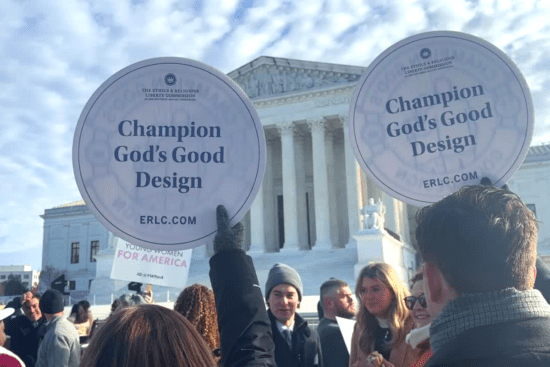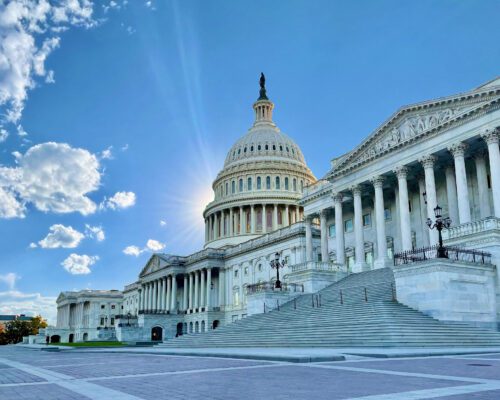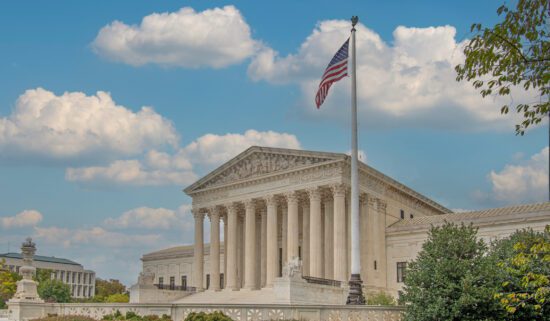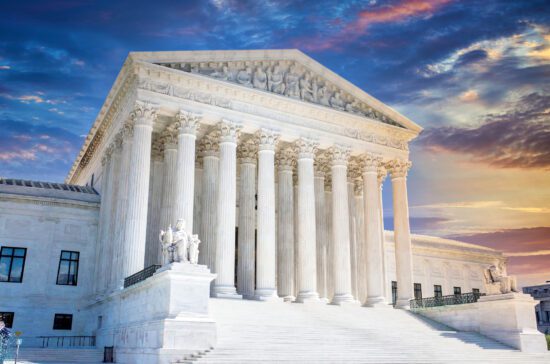A federal appeals court upheld a ruling preventing the Department of Health and Human Services (HHS) from requiring doctors and hospitals to perform abortions and gender-transition procedures. A three-judge panel unanimously upheld an injunction issued in a federal court in Texas that barred enforcement of the regulation.
“Baptists have long recognized ‘God alone is Lord of the conscience,’” said Brent Leatherwood, acting president of the Ethics & Religious Liberty Commission. “This ruling adheres to that truth and protects doctors and health-care providers from violating their consciences by conducting gender-transition surgeries or abortions.
“The government must understand that asking medical personnel to go against their sincerely held religious beliefs is an abuse of state authority,” he said. “This result is not only a victory for the rights of doctors but also recognizes that the conscience is not some trivial item that can be paved over.”
What was the HHS regulation?
In 2016, HHS issued a rule—known as the Transgender Mandate—that required doctors to perform gender-transition procedures on any child referred by a mental health professional, even if the doctor believes the treatment or hormone therapy could harm the child.
The regulation was based on implementation of Section 1557 of the Patient Protection and Affordable Care Act (ACA), a nondiscrimination provision that redefined “sex” to include sexual orientation and gender identity.
In response to the issuance of this regulation, two lawsuits were filed on behalf of multiple religious organizations, healthcare providers, and several states. The ERLC supported the move to challenge the mandate.
What was the court case about?
In Franciscan Alliance v. Becerra, the court ruled that a Catholic healthcare network and the Christian Medical and Dental Society—a group of nearly 19,000 healthcare professionals—cannot be required to carry out gender transition procedures or abortions when it violates their deeply held beliefs and professional medical judgment.
As Becket, the religious liberty law firm that defended the plantiffs, explains, “The court explained that while the government argued it should get more chances to show why it needed religious healthcare providers to participate in gender-transition procedures, other cases showed that permanent protection was appropriate
This is now the second court ruling blocking the administration from enforcing the policy. The first ruling was handed by a federal court in North Dakota.
How did the term “sex” become redefined in the law?
In 2016, a District Court held in Franciscan Alliance v. Burwell that HHS erroneously interpreted “sex” under Title IX — that the final rule was arbitrary and capricious when Title IX “unambiguously refers to the biological and anatomical differences between male and female students as determined at their birth.” The District Court further ruled that the Final Rule’s failure to include religious exemptions likely violated the Religious Freedom and Restoration Act (RFRA) and the Administrative Procedure Act (APA).
Four years later, the Trump administration finalized a rule reversing the Obama administration’s regulations on Section 1557 and narrowed the definition of “sex.” But mere days after this rule was completed, a 6-3 Supreme Court ruling authored by Justice Gorsuch in Bostock v. Clayton County expanded the definition of “sex” to include “sexual orientation” and “gender identity” for the purposes of employment discrimination under Title VII of the Civil Rights Act of 1964.
In 2021, the Office for Civil Rights (OCR) at HHS announced that it will interpret and enforce the Affordable Care Act and Title IX’s nondiscrimination provision and expand the definition of “sex” to include “sexual orientation” and “gender identity.” The Office of Civil Rights used the Bostock decision as a justification for its redefinition of “sex.”
What happens now?
In most court cases, appeals are final. The court of appeals decision usually will be the final word in the case, which means physicians will not be required by to violate their conscience by the Transgender Mandate. The Supreme Court could be asked to take up the case, but there is no justification for them to overturn the permanent injunction. This decision is likely to stand as a major victory for conscience rights









